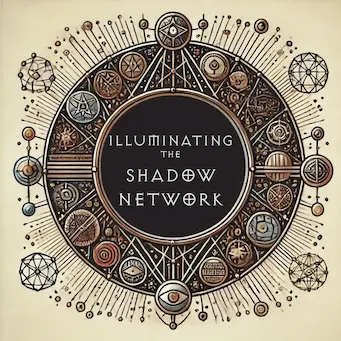Stanley Kurtz
Role: Contributor
Position: Senior Fellow, Ethics and Public Policy Center
Background:
Stanley Kurtz is a Senior Fellow at the Ethics and Public Policy Center (EPPC), where he contributes significantly to debates on a wide range of issues, including K-12 and higher education reform, democratization challenges, urban-suburban policies, and the shaping of the American left’s agenda. Kurtz is an experienced author and commentator known for his critical views on contemporary education policies and cultural issues in America. He holds an undergraduate degree from Haverford College and a Ph.D. in social anthropology from Harvard University. Kurtz has taught at Harvard University and the University of Chicago and is a contributing editor to National Review.
Relation to Trump:
While Stanley Kurtz did not hold a formal position in the Trump administration, his advocacy and policy recommendations align with many conservative principles that were prominent during Trump’s presidency. His efforts to challenge Critical Race Theory (CRT) and promote conservative education reforms resonate with the broader conservative agenda supported by Trump and his allies. His work at the EPPC and his contributions to National Review have positioned him as a key voice in the debates surrounding education and cultural policies that were central to the Trump administration’s platform.
Scandals or Controversies:
There are no major personal scandals associated with Stanley Kurtz. However, his professional work, particularly his critiques of CRT and his efforts to influence education policy, have made him a polarizing figure in the public and academic spheres. His strong stances on education reform and cultural issues have attracted significant debate and criticism, particularly from those who support progressive education reforms.
Potential Concerns:
Kurtz’s work often focuses on contentious issues, particularly his opposition to CRT and his advocacy for reforming civic education to eliminate political biases. His positions have sparked significant debate and criticism, especially from those who support CRT and more progressive educational reforms. His influence in shaping conservative education policies continues to be a point of contention in public discourse.


